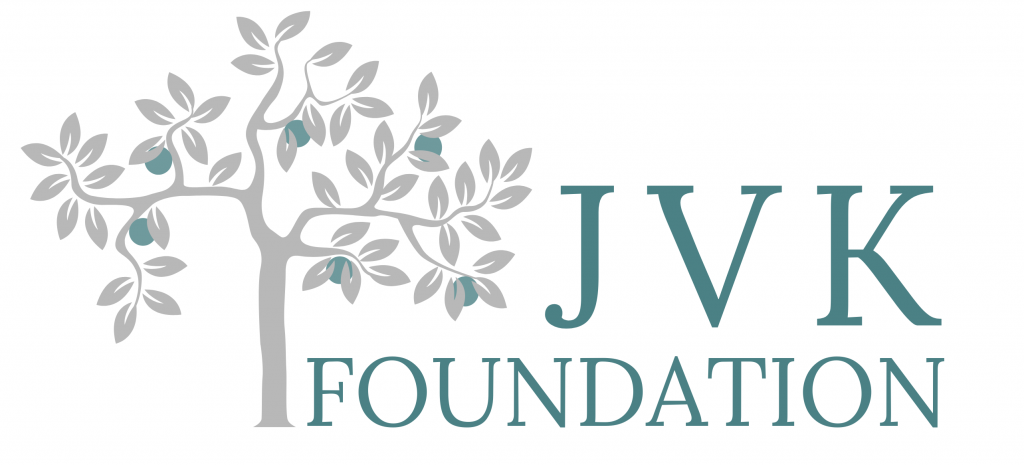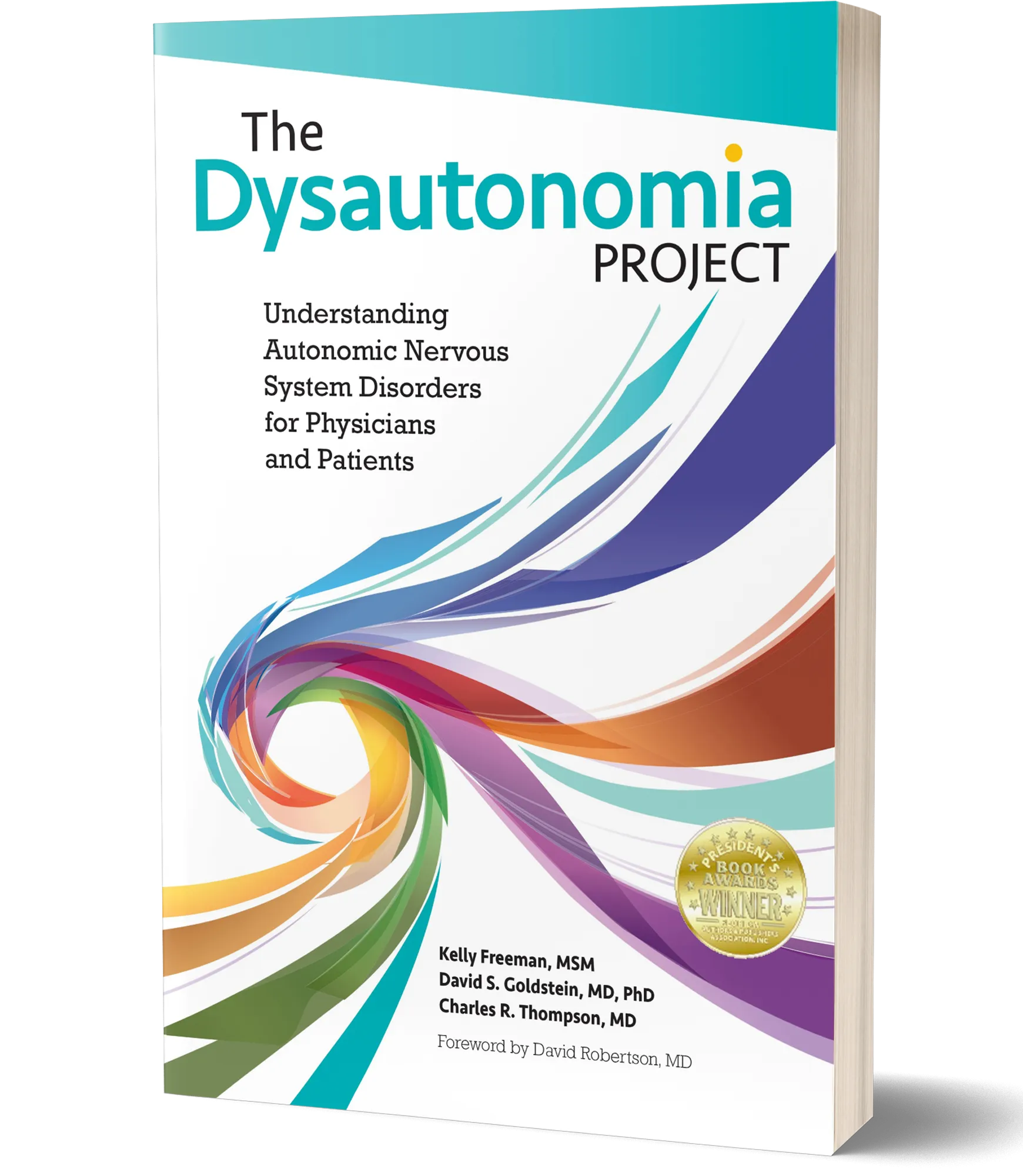Dear family member or friend,
If the person you care about has been diagnosed with a form of dysautonomia (e.g., POTS, orthostatic hypotension, among others), they have a disorder of the autonomic (automatic) nervous system. Symptoms usually range from mild to disabling but, in some cases, can be life-threatening. Because most of the problems occur inside the body, dysautonomia is an “invisible illness.” People with dysautonomia need your help.
- While they may look perfectly fine on the outside, even on their best days, the inside of their body is working overtime to maintain homeostasis, a healthy state of being.
- Some family members may think it’s “all in their head,” or they are “making this up.” The truth is, dysautonomia is an internal medical condition that needs to be taken seriously.
- Plans may change. Your family member or friend may become very ill with symptoms at the last minute, just before a big night out or a special event, and they may not be able to attend. It’s important that you are supportive and willing to be flexible when they don’t feel well.
- Protect them from the enemies of dysautonomia, including stress and physical pain.
- Encourage healthy habits, such as appropriate exercise, diet, and sleep, in a way that does not increase their stress. (Exercise may help to improve function, but it is often difficult due to exercise intolerance and is not a cure for dysautonomia.)
- Recognize warning signs that indicate they might need to stop, slow down, or lie down. This may include exposure to heat, exercise, showers, and being in large crowds.
- They may not be able to do all the things they used to do, including shopping, household chores, and attending big parties.
You can help by learning more about dysautonomia, and by protecting them from people who do not understand.
It helps to:
- Ask them how they are feeling and genuinely listen.
- Remind them that you are there to support them and that you’re not going anywhere.
- Sit in on appointments with doctors, if appropriate.
- Avoid saying things such as:
You look so good you must be feeling better.
If you would only (lose weight, exercise, or any other fill in the blank) you would get better.
If you just have a positive attitude and put your mind to it
you can push through the symptoms.
Statements like these might not only hurt feelings, but they might also push the person you care about into overdoing it, which can be harm- ful to their health.

Patients with dysautonomia are at a triple disadvantage.
- Most people have never heard of it.
- Most doctors were not well trained about dysautonomia in medical school.
- It’s an invisible illness, so it’s easy for other people to say things that are insensitive even though they might mean well.
Your family member or friend is facing a difficult medical battle. There is no cure for dysautonomia. Treatments are aimed at managing symptoms and improving function, where possible. It often takes time to find the right doctors and combination of treatments to improve health. The people who have this condition may struggle with feelings of anxiety or depression, especially when they experience episodes involving difficult symptoms. They need your support in facing the days ahead.
On behalf of The Dysautonomia Project,
Kelly Freeman, MSM
Founding Director, The Dysautonomia Project
































2 Responses
Thank you for making this letter up. My kids are 29, 32 and younger daughter is bullying me about the seriousness of my health… Just like ger Dad before he cheated on me, “You’d feel better if you just got some exercise” as I’m drinking coffee, 42, trying to get kids to school and run my business.
She went off to college and it feels like we lost real touch for 10 years. Now I’m 63 and needing more help, she’s married and doesn’t want any obligations or needs from me if I move into her city. It won’t be an easy move wherever I go. I also have EDS-h, Chiari, Neuropathies, many more diseases
..condtd, oxygen, wheelchair
Thank you! My son was diagnosed as a baby, which Stanford said never happens. He’s five now and we are still struggling with the “invisible” aspect of it until he gets so bad that he’s sent to ICU.